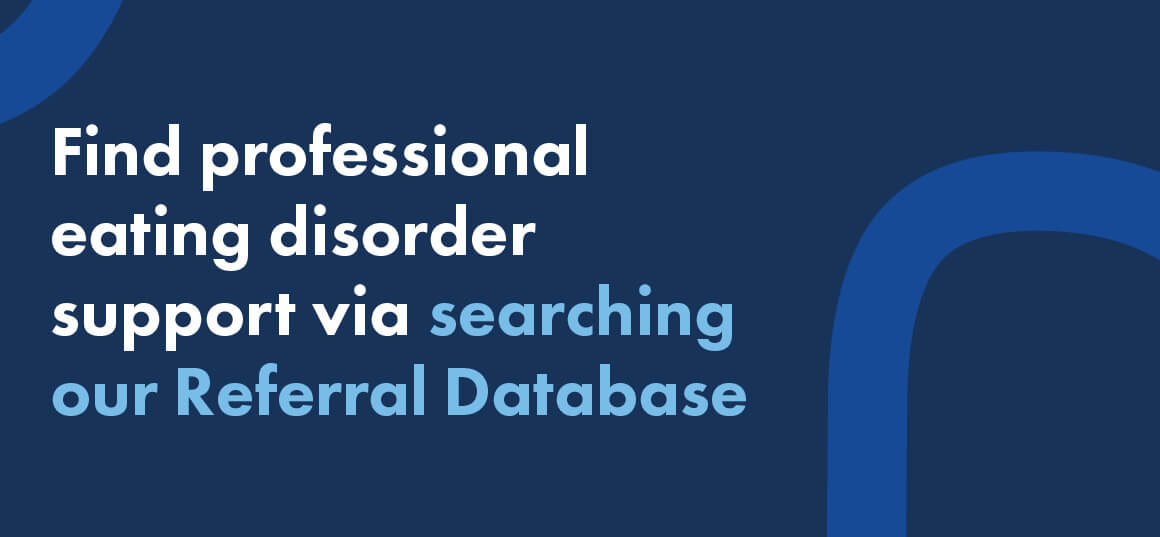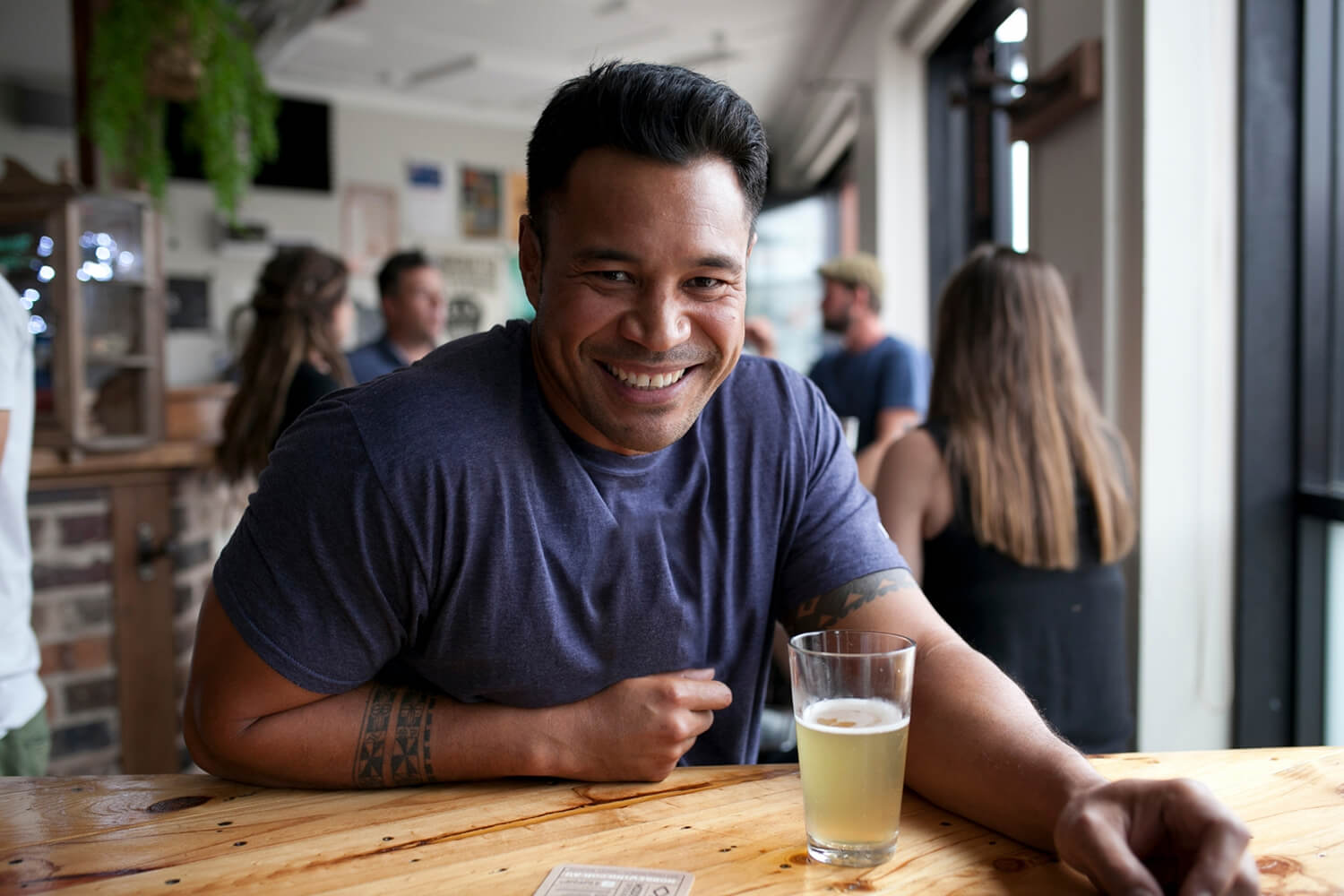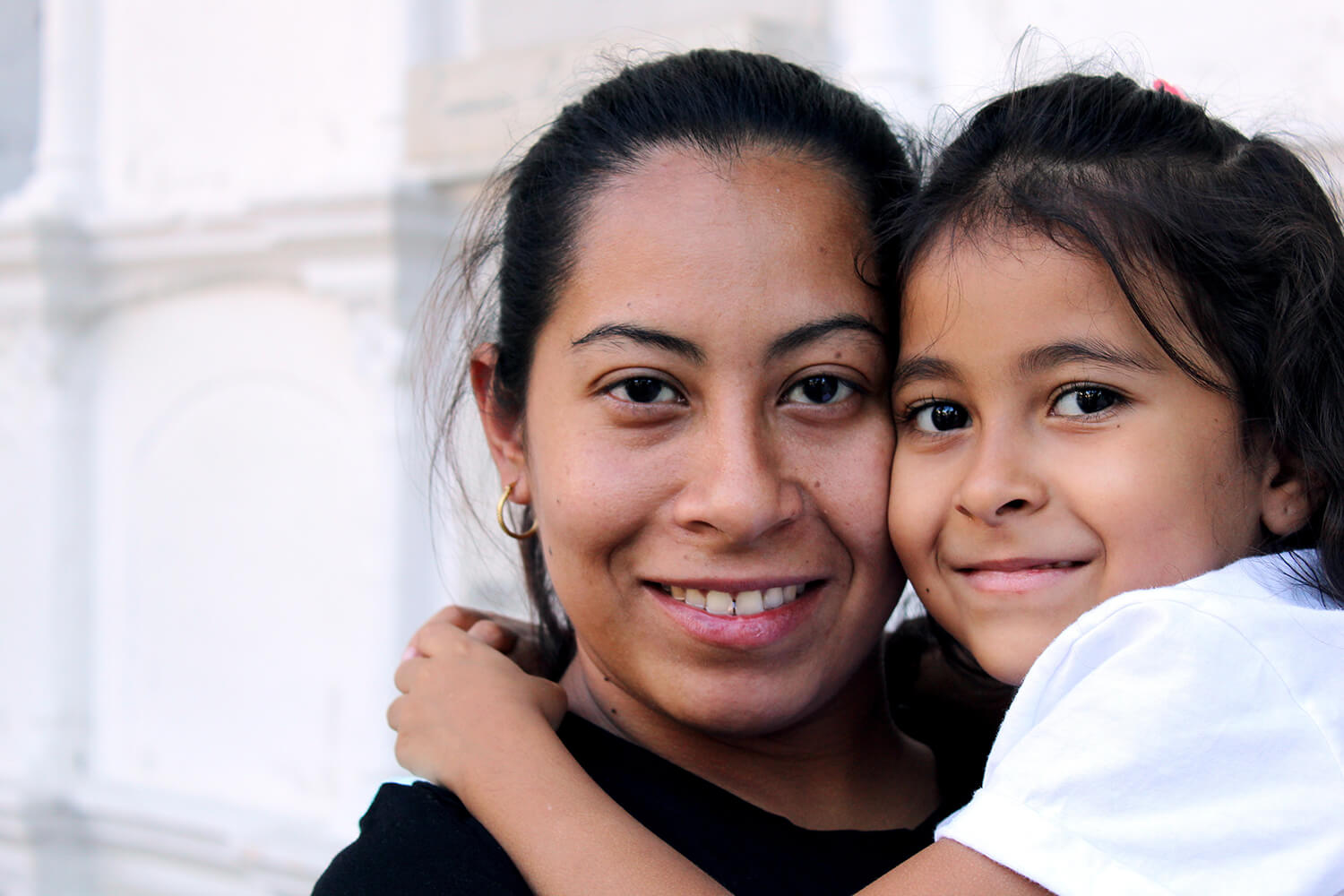Finding Liberation through Trauma-Informed Yoga: How it can help with eating disorder recovery
There are so many valuable stories out there about the causes of eating disorders, but how do we actually come out the other side? For most of us this is often a foggy, winding path with the destination unknown, and a village of people to help us.
What if I told you there was a way to find yourself again? Beneath all of the confusion, insecurity, despair and loneliness, a way to re-meet yourself with your newfound wisdom and experience?
I’ve been to the darkest side of dark, and the light that showed me there was a spirit inside my body that wanted to keep on keeping on was Yoga. Living with Anorexia Nervosa is not just an immense physical challenge, but the effects on social life and relationships, mental health, and self-identity are vast. Losing your connection to yourself leaves you cut off from the rest of the world.
Yoga offers a way to safely reconnect with yourself, regulate your nervous system, and create mind-body-heart connection.
In my experience and recovery from an eating disorder, trauma-informed yoga offered me the space to be something more than just my physical body and the same cycle of thoughts on repeat.
Trauma-informed yoga is a tool that can be used for self-regulation. The Trauma-Informed approach aims to create an empowering practice for individuals to learn how to respond, rather than react, to symptoms and circumstances. Trauma-Informed Yoga is invitational, encourages choice and agency, is slow, safe, and accessible, and is facilitated with cultural awareness.
During a time where I felt the need to strive for perfection and performance, Trauma-Informed Yoga gave me a place to breathe and be human.
Reconnecting Through Yoga: A Journey to Wholeness
Some of the benefits of a Trauma-Informed Yoga practice on the journey to recovery can include:
-
Mind-Body Reintegration
Yoga bridges the gap between the mind and body, inviting you to inhabit your body as a safe place. Through mindful movement and breath, you cultivate an awareness that allows you to witness your thoughts without identifying with them. Gradually you learn to listen to your body’s cues, rebuilding trust in its innate wisdom, and improving body awareness.
This was essential to my recovery as it enabled me to separate myself from the thoughts in my head, and choose an action that was more aligned to my real values and true nature.
-
Cultivating Self-Compassion
Yoga teaches self-compassion. Just as you approach your practice with patience, you learn to extend that kindness to yourself. Negative self-talk is slowly replaced with nurturing self-talk, fostering a gentle inner dialogue that counteracts the harsh criticisms of the eating disorder.
A Trauma-informed approach also encourages the notion that if one posture doesn’t work for your body, there are other options available, creating new ways of thinking about being in your body.
The philosophy of Yoga was something that also enabled me to find more self-compassion. For example, the concept of Swadhyaya refers to being an observer of thoughts, emotions and the inner state. This was a useful practice and check in for myself to begin creating space between my thoughts and actions.
-
Embracing the Present Moment
Anorexia often traps you in worries about the future or regrets about the past. Yoga can ground you in the present moment. Each posture and breath is an opportunity to let go of distractions and reconnect with the now. This mindfulness disrupts the recurring thought patterns and allows you to experience life as it unfolds. The idea that we don’t use the body to force ourselves into a posture, but rather we use the posture to get into our bodies and experience the present moment.
-
Rediscovering Your Authentic Self
As you move through your practice, you unearth fragments of the person you were before your eating disorder. You rekindle your connection to your inner child, and start to realign with and reclaim your Self. With time, you start to rebuild your identity, give yourself permission, and open your heart to who you are on the other side of anorexia. Slowly, I started to discover that the way I was living was preventing me from experiencing the fullness of life. The things that gave me joy started to guide me back to who I wanted to be.
A Trauma-Informed Yoga session is tailored to its audience and can consist of a gentle warm-up and breathing exercises, postures with a particular intention (like grounding postures and empowering postures), and meditation.
My Trauma-Informed approach to Yoga is evidence-based and backed by research that points towards measurable benefits of a yoga practice for reducing symptoms of PTSD and depression, and improving overall mental health, sleep, calmness and sense of belonging. It can empower individuals to cultivate a deeper connection with themselves and foster meaningful change in their lives.
It’s never too early or too late to seek help, and you are never alone on your journey.
Written by Shanelle Di Girolamo
Shanelle (she/her) is a Trauma-Informed Yoga Teacher and the founder of Inner Rising. She is passionate about whole-self wellbeing, nervous system regulation, and empowering people to foster a mind-body-heart connection. She offers private Yoga sessions, group Yoga, and Corporate Partnerships/Events. She sourced her qualification from The Yoga Impact Charity’s 200H Trauma-Informed Yoga training.
References
- Brown RP, Gerbarg PL. Sudarshan Kriya Yogic breathing in the treatment of stress, anxiety, and depression. Part II–clinical applications and guidelines. J Altern Complement Med. 2005
- Jindani, F., & Khalsa, G. (2015). A yoga intervention program for patients suffering from symptoms of posttraumatic stress disorder: A qualitative descriptive study. The Journal of Alternative and Complementary Medicine, 21(7), 401-408.
- Staples JK, Hamilton MF, Uddo M. A yoga program for the symptoms of post-traumatic stress disorder in veterans. Mil Med. 2013
- van der Kolk BA, Stone L, West J, Rhodes A, Emerson D, Suvak M, Spinazzola J. Yoga as an adjunctive treatment for posttraumatic stress disorder: a randomised controlled trial. J Clin Psychiatry. 2014




















